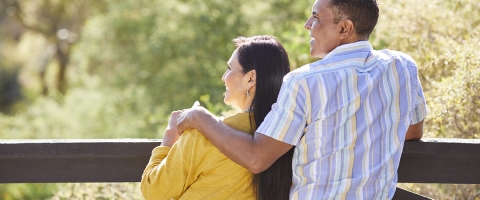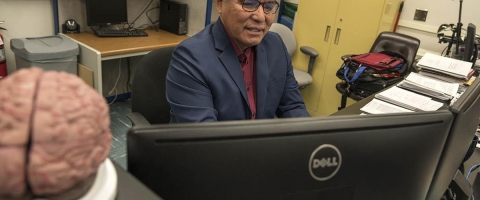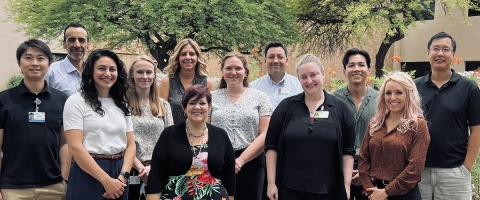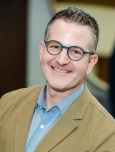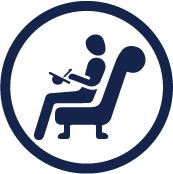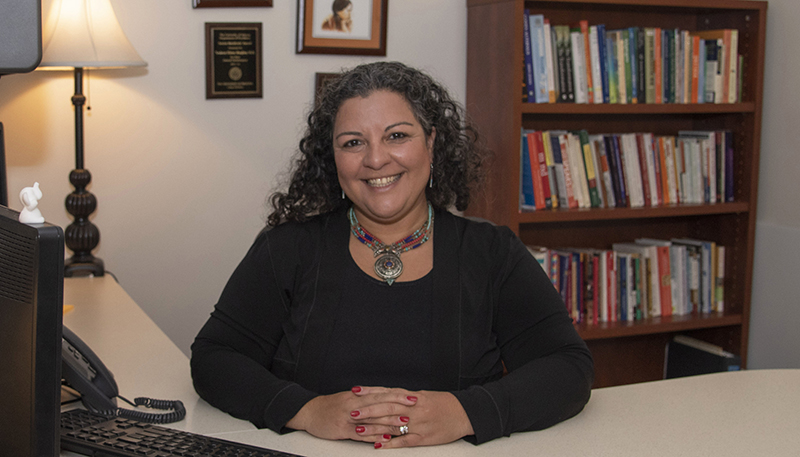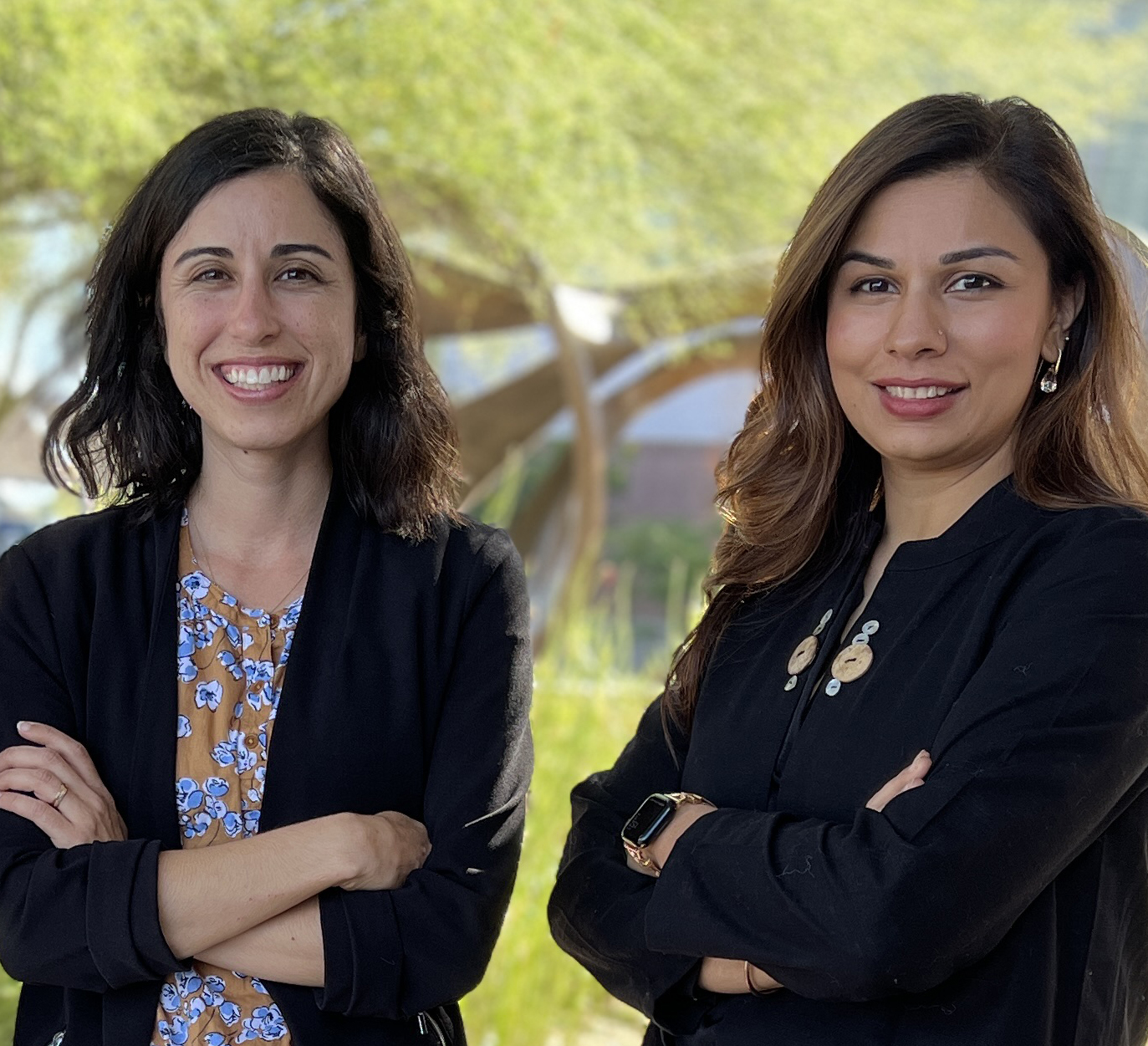The Department of Psychiatry leads efforts to comprehensively prevent and treat psychiatric disorders, conduct cutting-edge research, and prepare future clinicians through rigorous, experiential education. Our commitment to social justice and anti-racism focuses our dedication to serving Southern Arizona’s diverse patient populations.
News
Finding small ways to cope with stress builds resilience
Noshene Ranjbar, MD, associate professor of psychiatry, was quoted by UArizona Health Sciences on ways to reduce stress in recognition of National Stress Awareness Month.
Phoenix KNXV-TV announces the new Arizona Pediatric Psychiatry Access Line
Phoenix KNXV-TV announces the new Arizona Pediatric Psychiatry Access Line, directed by our psychiatrists Drs. Kalia and Esque.


